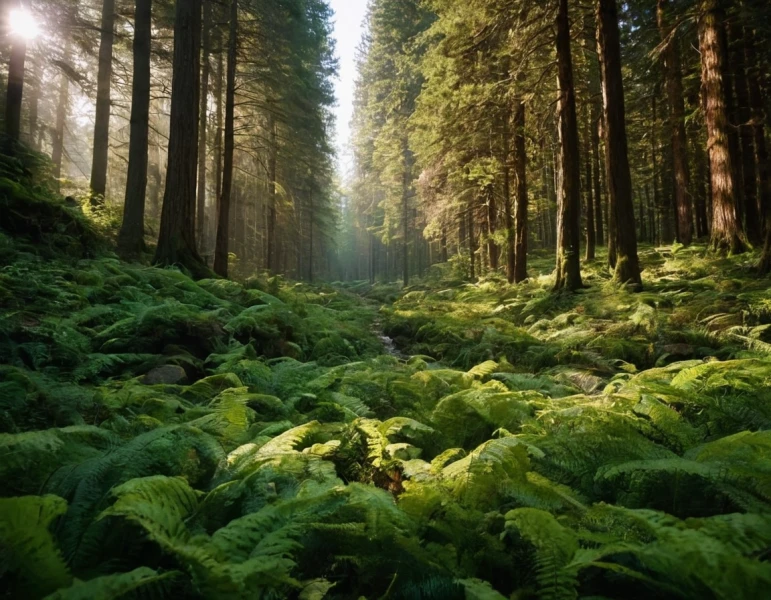Educa UNIVERSITY|SCIENCE AND ENGINEERING
What is green? Pablo Garcia's experience in a sustainable world
Related Masters
What is green? Pablo Garcia's experience in a sustainable world
I'm Pablo García, and for years I have come across the ecological concept from different perspectives. Chemical-free products, sustainable lifestyles and a healthier planet.... But do we really know what it means to be "green"? Here I'll tell you what I learned after many experiences and a few mistakes along the way.
The heart of green: living in harmony with nature
Being green is not just about using a cloth bag or recycling your plastic bottles. It's a lifestyle, a commitment to reducing our environmental footprint. It means protecting biodiversity, consuming responsibly and opting for choices that respect our environment.

For example, I discovered that foods labeled "organic" contain no pesticides or chemical fertilizers. This not only helps the environment, but also reduces risks to our health. In addition, many of these practices support small local producers, something I had never appreciated until it was explained to me at a nearby eco-shop.
Green transportation: less emissions, more movement
One of the biggest challenges on my path to a sustainable lifestyle was reducing my car use. Wasn't it easier to just keep driving? But by switching to cycling and public transportation, I discovered how good it can feel to move your body and decrease carbon dioxide emissions at the same time.
Also, electric vehicles or carpooling are alternatives that not only take care of the environment, but also helped me save money. Yes, sometimes being green is also being more practical.
Eco-friendly products: reality or pure marketing?
I once bought a shampoo that called itself "eco-friendly." I later learned that I was falling victim to greenwashing, a practice in which brands appear to be sustainable without actually meeting green standards.
Today, I always check certifications on the products I buy. Organic foods and cosmetics usually carry specific seals that guarantee they were produced with respect for the environment. Not everything that looks green really is.
Sustainable home: small changes, big impacts
My house also went through an ecological transformation. I switched from traditional light bulbs to LEDs, reduced water consumption by installing aerators on the faucets and started using eco-friendly detergents. At first, I doubted whether these products would be as effective, but the truth is that they work wonders and help prevent toxic chemicals from ending up in rivers and oceans.
The big learning: going green is a process
You don't have to change your life from one day to the next. Going green is a journey, not a destination. It is learning and adjusting habits without losing sight of the goal: leaving a better world for the next generations.
The key is to be informed, be critical and act with intention. Because every decision, no matter how small it may seem, adds up on this path to sustainability. The result? A healthier planet and a fuller life.
Faculties
Trainings
The faculties embrace diverse academic disciplines and fields of study, opening doors to new perspectives and exploring different spheres of wisdom in a constantly evolving world.














